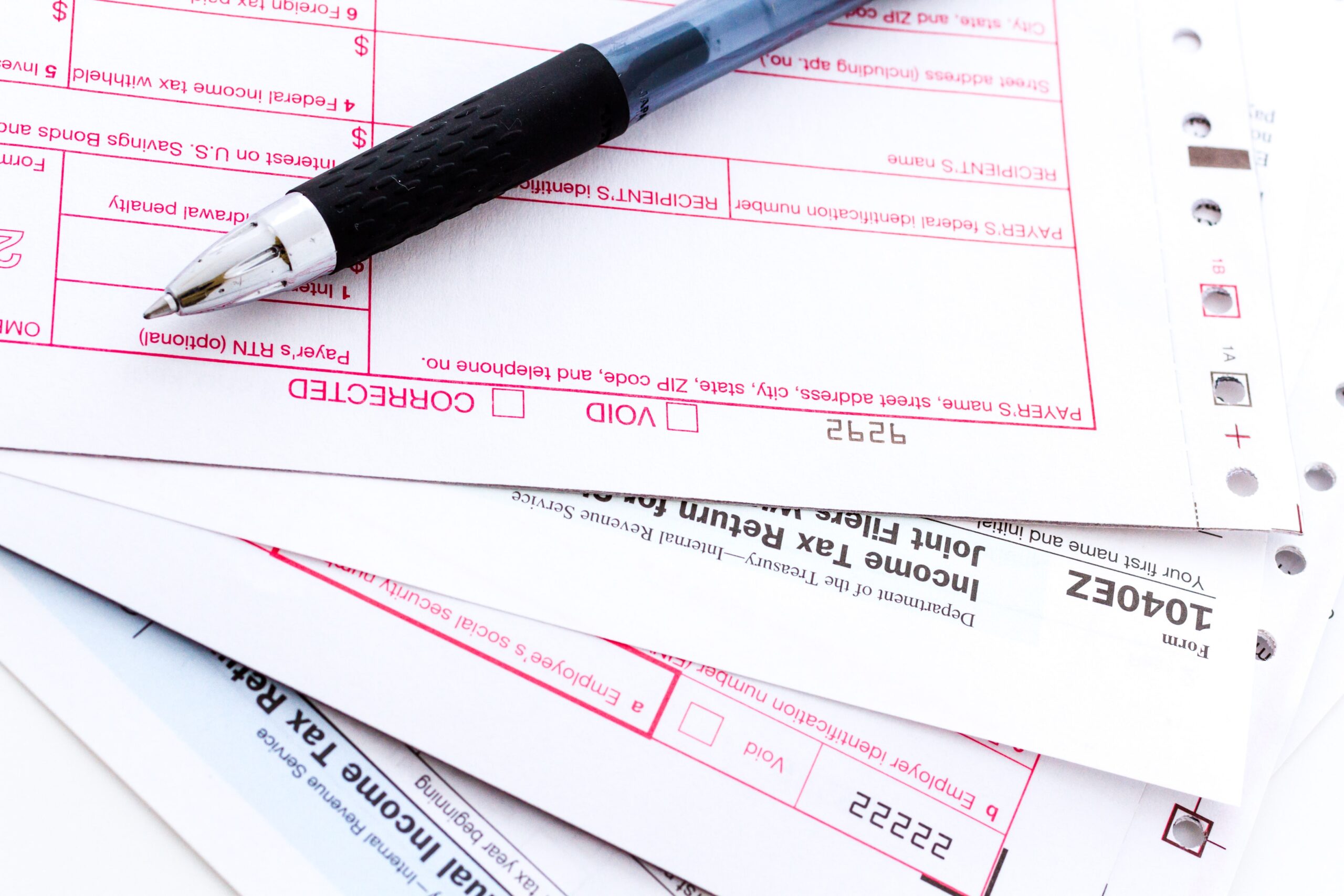Need to know how long you should be keeping your personal tax records?
Ensuring your personal tax affairs are in order is essential.
Get it wrong, and you could end up paying too much (or too little) tax.
Managing your personal tax records is critical for individuals as well as businesses, helping to ensure your compliance with relevant legislation and facilitating better financial planning.
If you’re organising your financial affairs, you may be wondering; how long do I need to keep personal tax records?
Understanding how long to retain key records is vital for effective tax planning, as well as ensuring you remain compliant with personal tax liabilities.
Why do you need to keep personal tax records?
HM Revenue & Customs (HMRC) may request a range of documentation to verify income, deductions, and any credits that have been claimed on tax returns.
Additionally, keeping records supports better financial planning, such as budgeting, forecasting, and ensuring you’re ready to meet future tax obligations.
How long do you need to keep personal tax records?
While specific circumstances can vary, there are certain guidelines that can help individuals better manage their paper and digital tax records:
Tax returns sent on or before the deadline
If you submitted a tax return on or before the deadline of the relevant tax year, you are required to keep your tax records for at least 22 months after the end of that tax year. In practice, this means that if you submitted your tax return for the 2022/23 tax year, you would need to retain your tax records until at least January 31, 2025.
Tax returns sent after the deadline
If your tax return was submitted after the deadline, you should retain your personal tax records for at least 15 months after the submission date.
Self-assessment
If you submit a self-assessment tax return, HRMC will expect you to keep your records for at least five years after the submission deadline of the relevant tax year. This timeframe covers potential enquiries and investigations by HMRC and ensures that supporting documentation can be provided if required.
Property, investments and larger purchases
However, in all of the above cases, it can be prudent to retain records for longer, particularly for significant transactions such as investments or property purchases.
Certain records, such as those related to property ownership, should be kept at least until the asset is sold or disposed of.
Similarly, investment records, such as purchase confirmations, dividend statements, and capital gains or losses, should be retained to calculate tax liabilities accurately when they are selling investments.
Comprehensive tax and financial advice from DAAFL
Intelligent tax advice can save you time, increase your take-home income, and reduce the risk of making costly mistakes on your tax return.
With smart financial planning, you can create more predictable finances, spreading the cost of your tax burden and building security for the future.
Our specialist personal tax advice team can help you reduce your overall tax liability and ensure that you meet your obligations.
Contact our Stockport accountants for personalised advice and guidance about tax and financial planning.
